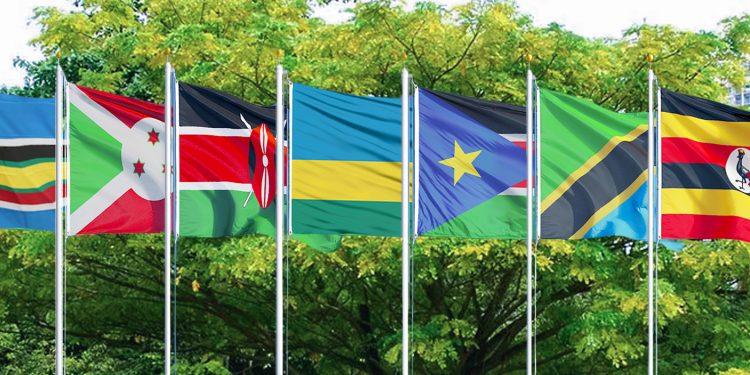Importers of various manufactured goods will encounter a raft of taxes prescribed by the Common External Tariff (CET) gazetted by the East African Community (EAC) on 30th June this year.
- The gazette, signed by the EAC Council of Ministers led by Deng Alor Kuol, stipulated a number of taxes on imports across all member states.
- Concern has arisen that the Kenyan government has introduced higher taxes on imports through the regional body after the collapse of the Finance Bill 2024.
- Despite the CET rate of crude oil being 0%, Kenya and Uganda had applied to raise their rate to 10%.
Others include the 35% duty on imported television sets, worn items, imported baby diapers, steel wires, LPG, trailers, and tractors. Kenya also hiked the duty of imported motor vehicles from the 25% CET rate to 35%.
The cumulative effect of these taxes will be the rise in commodity prices. This includes items such as soaps, margarine, cooking oil, and cosmetics. Most of the ingredients needed to manufacture these items cannot be obtained locally, undermining projected plans to cheapen local production.
The Finance Bill 2024 was rejected because many taxes on imports that were proposed in the document would have led to price hikes for those products. Despite the government’s plea that raising import duties would gouge revenue and protect local industries, the Bill was rejected in totality after the culmination of intense protests.
However, Kenya applied for a customs rate of 35% on rice imports. This is a massive reduction from the EAC CET rate of 75%. For both importers and consumers, this could be a relief because prices for the grain are likely to remain low.
The EAC also approved duty remissions on textile inputs to Rwanda, Burundi, Tanzania, and Uganda.
See Also:




